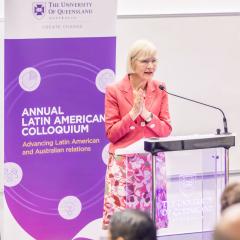UQ researchers from CCRES developed strategies to strengthen coastal management in coastal communities.
Selayar is in the southwest part of South Sulawesi, Indonesia. The area comprises many islands and is the gateway to Taka Bonerate, a highly biodiverse marine national park, which is under serious threat, particularly from overexploitation. Similar to other parts of South East Asia, ocean plastic is a continuous challenge in Indonesia.
Dr Anna Phelan from UQ School of Business worked as part of the business development team in the CCRES project (Capturing Coral Reef and Related Ecosystem Services).
“The overall CCRES objective was to strengthen coastal management in the coastal communities that have direct connections to and benefit from coastal ecosystems such as mangroves, seagrass, and coral reefs,” Dr Phelan said.
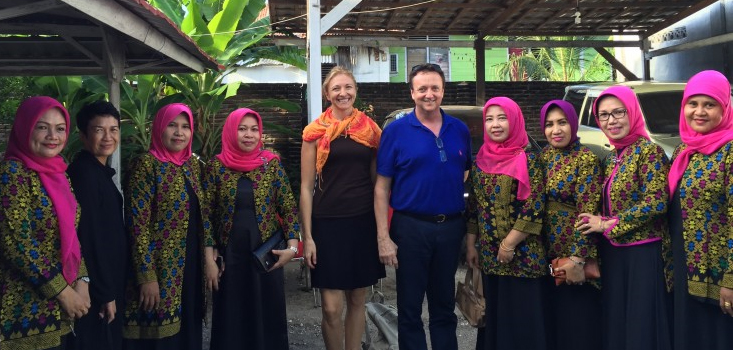
Seeking local solutions in local knowledge
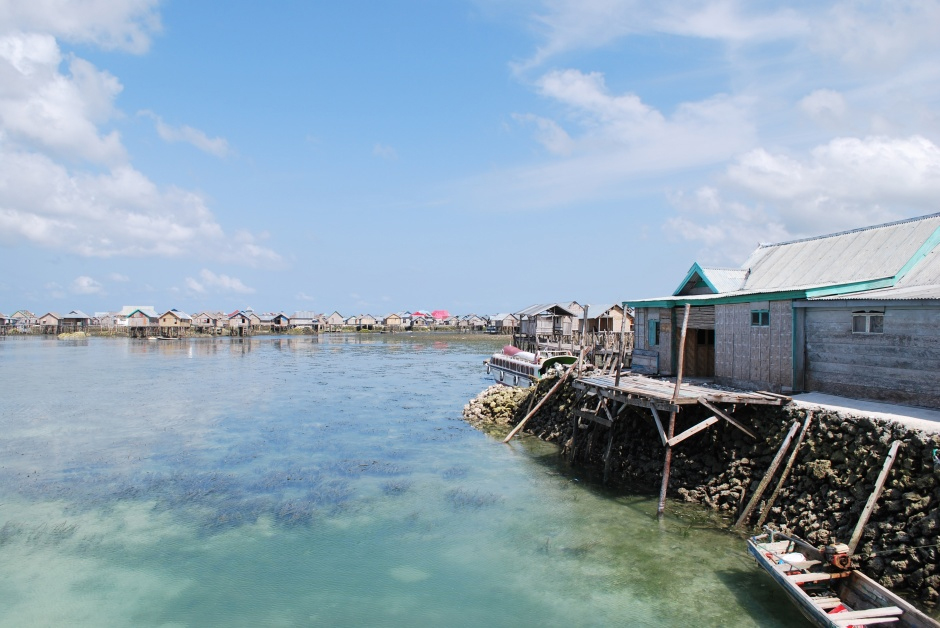
“Our business development approach was to look at sustainable livelihoods, build community resilience and boost the local economy with enterprise-based solutions. We sought solutions and ideas from external sources, examining successful case studies in the region and nationally, and within the local communities.” Dr Phelan said.
“We tapped into local knowledge based on the principle that no one knows how to address local issues better than the local people and community members,” Dr Phelan said.
CCRES worked in two pilot sites, Selayar, Indonesia, and El Nido in the Philippines.
“We began the project with scoping and assessment, involving semi-structured interviews, consultations, direct observation, and lengthy conversations with community members, local government, and other stakeholders in the region,” Dr Phelan said.
Governments and fishermen on board
Researchers found that fishermen themselves were vocal about needing to shift to sustainable fisheries management, which includes traditional (hook and line) fishing methods, with better access to higher-value markets.
“There is quite a bit of interest in Selayar to work with local government to design sustainable fisheries management,” Dr Phelan said.
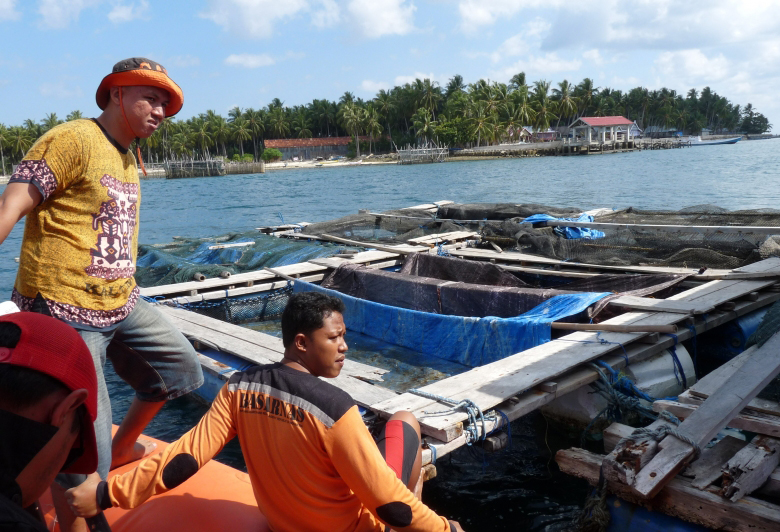
“There is a lot of commitment from the central government too, with full awareness of the obstacles and barriers, such as the deeply entrenched illegal markets that have been set up and perpetuated as a result of high demand for fish from China and Hong Kong markets.”
“We do feel that the local government is very much on board and committed, and has taken several steps to support and bring more access to small-scale fishermen in terms of equipment and expanding infrastructure such as setting up jetties for larger boats.”
Another key aspect to integrated sustainable fisheries management is setting up marine protected areas, providing fishermen with proper and appropriate gear and supporting their traditional methods by providing the boats and other financial incentives.
Diverse livelihoods in Selayar
Researchers found that the primary livelihood in this region is based around traditional or artisanal fishing – small-scale fisheries. This is supplemented by other livelihoods; most community members in Selayar are both fishermen and farmers.
“Their work is seasonal, so these livelihoods revolve around east and west monsoons in the region,” Dr Phelan explained.
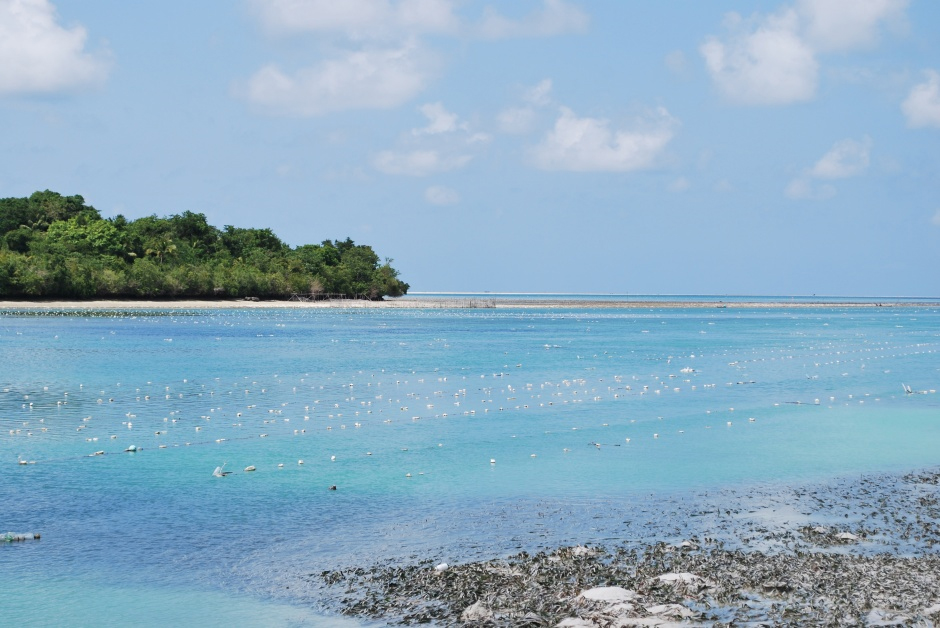
“Some are also involved in basic food production like cakes and fish-based foods like shrimp crackers. Many other community members living in higher topographical areas in Selayar are also fishermen on top of other forms of work, so teachers are also fishers, when they’re not teaching, for example.”
Based on the initial assessment, Dr Phelan developed the ecosystem-based business development model. The model is fit for purpose and site specific, but it could be applied to the thousands of other similar coastal communities in the region. It includes three complementary industry sectors: sustainable small-scale fisheries; responsible or sustainable tourism; and small-scale home enterprise, including value-added products like clothes, cashews, coconuts.
EcoBiz Challenge empowering entrepreneurs
In an effort to boost the local economy with locally-based solutions, CCRES looked for local entrepreneurs. To identify local entrepreneurs, CCRES developed and launched an environmentally-based business plan competition, Eco-Biz Challenge, which ran throughout the Selayar Island and regency to encourage and empower local entrepreneurs to bring forth their environmentally sound business ideas that would ideally protect and support coastal ecosystems.
“Eco-Biz Challenge was the first-ever business plan competition in the region. There was quite a bit of excitement around it,” Dr Phelan said.
“We engaged heads of villages and promoted the competition by sending local teams from village to village to speak to community members about the application process.”
Applicants needed to be 18 years or older, a local resident, and they needed to have an existing idea for an environmentally sustainable business. This method not only served the purpose of finding entrepreneurs, but it also increased awareness of environmental thinking and sustainable business.
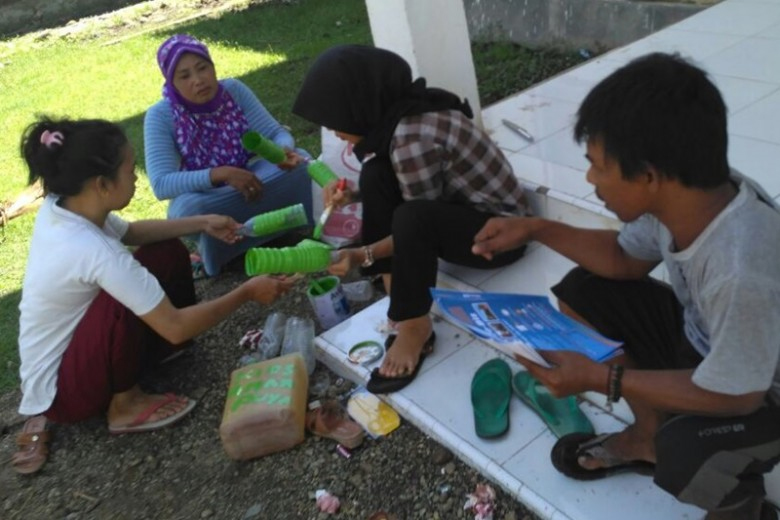
“Eco-Biz Challenge had 142 applicants, and out of those we selected 54 semi-finalists,” Dr Phelan said.
“The semi-finalists then received business skills training in the form of a three-and-a-half-day workshop, which was almost like a mini ‘start-up intensive’ that was designed to provide initial steps of developing and launching a business idea, developing a value proposition, and other fundamental financial and business skills.”
The workshop also included aligning community members around environmental awareness and what services ecosystems provide.
“From there we then linked that to sustainable livelihoods: how do you make money while at the same time protecting these ecosystems that everyone’s lives depend on?” Dr Phelan said.
Finally, three finalists were selected, with one runner-up.
Local solutions to local problems
EcoBiz Challenge revealed some very interesting local ideas around sustainable businesses, including concern and obvious interest, especially from the youth in Selayar around waste management and ocean plastic. The ideas demonstrated a low level of understanding around ecosystem services.
Ideas mainly involved food processing and basic fish processing. However, some of the ideas from the Challenge included sustainable aquaculture and many retail ideas based on upcycling or recycling plastics in handicrafts.
“We used that opportunity through the competition to bring awareness around waste management but also to bring some ideas for potential enterprise-based solutions and focus on plastic waste-management, including creating sustainable consumer products, implementing infrastructure improvements such as incorporating them into building materials such as eco-bricks and roads, and improving collection and recycling systems,” Dr Phelan said.
“We also saw some great ideas involving ecotourism, specifically educational tourism,” Dr Phelan said.
One of the winners was a young woman who envisioned an educational business called ‘One Student: One Mangrove’, which would attract school groups from around Indonesia to tour the abundant mangrove forests in Selayar as an educational tool and a for-profit enterprise.
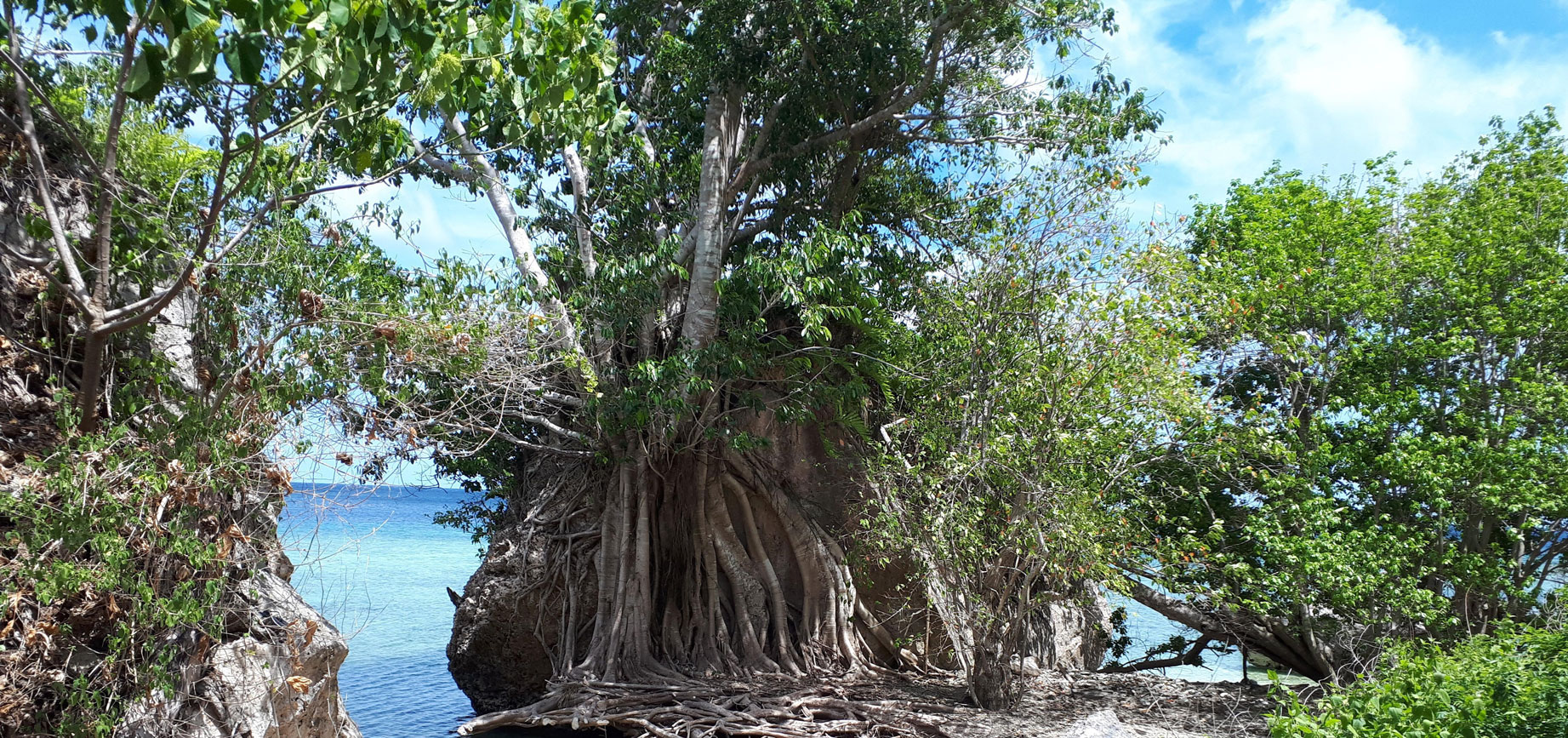
“A number of schools are now incorporating some of the material we used in the training as part of the curriculum for high schools, certainly around waste management, plastic and ecosystem services,” Dr Phelan said.
The CCRES project has now been completed. Visit the CCRES website for more information on the project's achievements.
Research funding
Global Environmental Fund (administered by World Bank)



